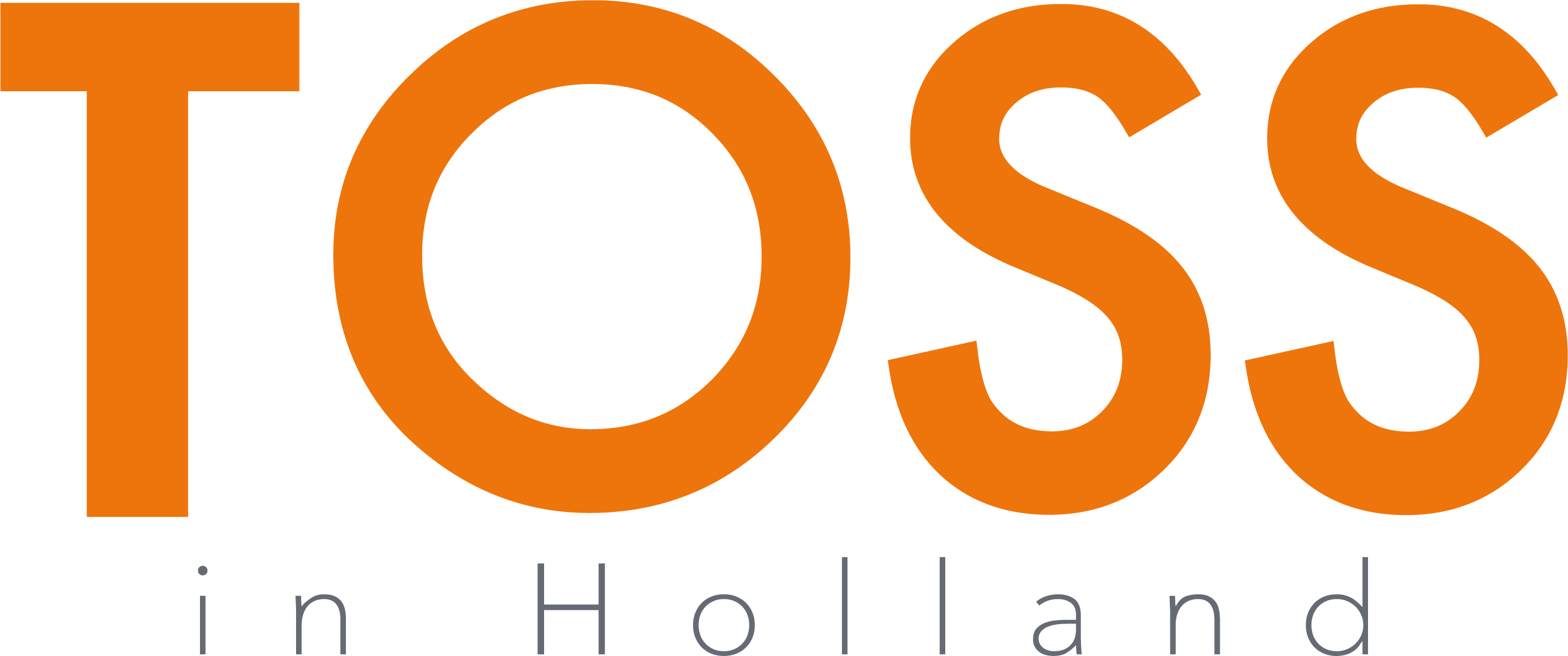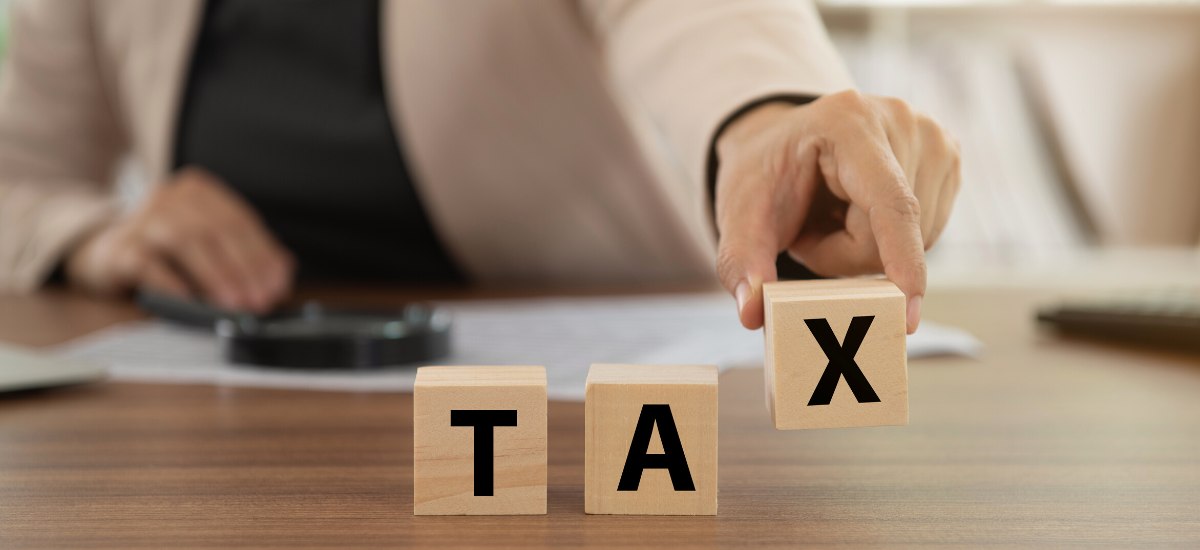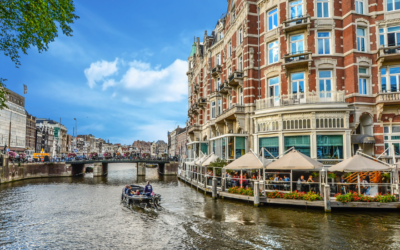Taxes in the Netherlands
Do you live or work in the Netherlands? Then you pay taxes. There are many different taxes in the Netherlands. Every Dutch resident pays taxes, both directly and indirectly. These end up with the government, which then pays for facilities that you use as a resident. You can think of education, infrastructure or, for example, art and culture. Do you know what type of taxes there are? Read them below.
Direct or indirect taxation?
There are two forms of taxation in the Netherlands: direct and indirect. In the Netherlands, there are many different taxes. Every resident of the Netherlands pays taxes, both direct and indirect. These end up with the government, which then pays for facilities that you, as a resident, use. You can think about such things as education, infrastructure, or for example, art and culture. Do you know what kinds of taxes there are? Read about them below.
Direct taxation
You are dealing with direct tax when you, as a taxpayer, pay the tax yourself. An example of this is income tax. You yourself pay the tax that is calculated based on your income and assets. This is not something your employer or someone else does for you.
Kinds of taxation that are direct:
- Wage Tax
- Income Tax
- Corporate Tax
- Profit Tax
- Gambling Tax
- Inheritance Tax
- Capital Gains Tax
- Vehicle Tax
- Insurance Tax
- Transfer Tax
Indirect taxation
Indirect tax is the opposite of direct tax. This is where someone else pays your tax, while you are the one liable for the tax. An example of this is sales tax (VAT). The sales tax is included by the retailer in the selling price, so individuals pay it indirectly.
Indirect taxation kinds:
- Sales Tax (VAT)
- Import Tax
- Excise Duty
- Tax on Cars (BPM)
Kinds of taxes
Hereunder are all the various kinds of taxes in the Netherlands.
Wage Tax
Wage tax is calculated on your salary as an employee. Usually your employer already calculates this for you and deducts it automatically. What you then receive in your account is your net wage.
Income Tax
You pay tax on your work and income. The amount of this tax depends on your income. You also have to declare your income tax in the Netherlands every year. You then calculate whether you have paid enough tax. If you have paid too much you will get a refund and if you have paid too little you will have to make an additional payment.
Corporate Tax
Are you an entrepreneur and do you own a limited liability company, private company or cooperative? If so, you pay corporate income tax. You calculate the corporate tax based on the taxable profit of your company.
Gambling Tax
Do you take part in gambling or are you an organizer of it? Then you pay tax on it. You only pay tax on the profit that you make. This amount must be more than 449 EU, because amounts below 449 EU are not taxed.
Inheritance Tax
You have to deal with inheritance tax when you inherit something from a deceased person. The Tax Authorities impose this on all possessions and debts left behind by the deceased person, examples of which are sums of money or valuable objects.
Gift Tax
When you receive a large sum of money, you pay gift tax on it. How much tax you pay depends somewhat on the donor. For example, you pay less tax if the donor is a parent and you will pay more if you receive the money from an aunt.
Capital Gains Tax or Wealth Tax
Capital gains tax is levied on your assets.
Sales Tax (VAT)
As an individual, you pay sales tax (VAT) indirectly when you buy goods such as food, movie tickets or a new sofa. Entrepreneurs include sales tax in their cost price for their products. In this way you indirectly pay the sales tax for them.
Import Tax or Customs Duties
You pay customs duties when you transport goods from across the border to the Netherlands. Entrepreneurs who work with foreign customers or wholesalers often have to deal with this, but you may also have to deal with it if, for example, you order clothing or other items from abroad.
Excise Taxes
Excise taxes are similar to sales taxes. This is a type of tax that, like sales tax, is levied on goods. The difference is the type of goods on which it is levied. The Dutch government uses excise tax to discourage the consumption of certain goods, such as alcohol, gasoline and cigarettes.
Taxation on Cars (BPM)
Are you buying or importing a passenger car, delivery van or other motorcycle? Then you have to deal with BPM.
Motor Vehicle Tax or Road Tax
Are you in possession of a motor vehicle that is less than 40 years old? Then you pay motor vehicle tax. Motor vehicle tax is also known as road tax. You pay the road tax once every quarter (three months).
Insurance Tax
In the Netherlands, you are obligated to be insured. You pay insurance premium tax on these insurances.
Transfer Tax
Are you getting an existing home, vacation home, retail or commercial property from someone? Then you have to pay transfer tax. If you knowingly buy a home, which you will not live in, you also pay 8% tax.
Environmental Taxes
Businesses and households pay environmental taxes once in a while. Examples of environmental taxes are the energy tax, the tax on tap water and the waste substances tax. Environmental taxes have been used by the Dutch government to stimulate the more efficient use of resources and fuels.
Property Tax
Do you own a house, vacation home or apartment in the Netherlands? Then you pay property tax (OZB) every year. The amount differs per municipality.
Hopefully this blog has helped you receive more insight into the various taxes in the Netherlands. Would you like to know more about taxes in the Netherlands? Contact us!














